At the best of times, this has never been just another cricket match. Clearly, these aren’t the best of times, so it’s understandable that there is an added edge to Sunday’s T20 Asia Cup showdown between India and Pakistan in Dubai.
If things pan out according to script, this Sunday will be the first of three acts of a compelling storyline replete with passion, with emotion, with sentiment, with nerves, with tension, with unimaginable pressure. Twenty-two young men will carry the weight of expectations of their respective nations, tasked with the unenviable demand of winning at all and any cost. Sport isn’t meant to be thus, but over the years, the lines have blurred and cricketers, more than sportspersons of any other ilk, one suspects, have come to accept the changed dynamics, even if they don’t always understand it.
Opinion divided over latest Indo-Pak meeting
A groundswell of criticism and barbs have been aimed at the Board of Control for Cricket in India, and the cricketers, for ignoring public pulse and not boycotting the Pakistan match. At the end of the day, the BCCI can’t function as an independent, autonomous decision-making body when it comes to matters of such great sensitivity and import. The BCCI is bound by the guidelines of the central government, the players take their cue from the BCCI stance which is a reflection of the government’s. Some three weeks back, the sports ministry issued a policy statement, confirming that while bilateral sports between the nations was off the table, India would take part in multi-nation events across disciplines even if Pakistan was one of the participating teams.
“With regard to international and multilateral events, in India or abroad, we are guided by the practices of international sports bodies and the interest of our own sportspersons,” the sports ministry statement said. “It is also relevant to take into account India’s emergence as a credible venue to host international sports events. Accordingly, Indian teams and individual players will take part in international events that also have teams or players from Pakistan.”
Opinion is divided, as it always will be, on whether this is the right approach, considering the reprehensible attack on April 22 in Pahalgam that cost the lives of 26 innocent tourists. But once a decision was made at the governmental level, cricket’s much-maligned governing body in the country had little say in the matter. The merits and demerits of the government’s stance can be debated but to lay the blame on the players is unfair because the directives issued to them are unambiguously clear.
“For the players and for us, once the BCCI says and they are aligned with the government, we are here to prepare and we are here to play,” Sitanshu Kotak, India’s batting coach, emphasised at the ICC Academy Oval on Friday evening. “Once we are here to play, the players are focused on playing cricket. I personally don’t think they have anything in mind apart from playing cricket.”
Impact Shorts
More ShortsHistorically, much has always hinged on the outcome of an India-Pakistan game, but it would appear as if more rides on how this match unfolds than in the recent past. Protagonists from both camps will have us believe that they are unaffected by the ‘outside noise’, but it is humanly impossible to be totally insulated from public sentiment, especially from an Indian perspective. Head coach Gautam Gambhir and skipper Suryakumar Yadav, along with the rest of the coaching staff, will leave no stone unturned in ensuring that the players’ attention is solely on the impeccable execution of their cricketing skills, but that doesn’t necessarily mean that the individuals concerned can completely disassociate themselves from what’s happening around them.
Strict, business-like attitude
India and Pakistan have fallen back on ‘cricket diplomacy’ numerous times previously but the Asia Cup will not be used towards that end. There is a strict, business-like attitude which bared itself last Saturday when both teams practiced simultaneously at the ICC Academy. Previously, in such instances, players from the two teams have exchanged pleasantries, enquired after one another’s well-being, going beyond basic professional relationships. This time, there was no bonhomie or outwardly show of camaraderie. India went about their session oblivious to Pakistan’s presence, Pakistan’s players – several of whom haven’t played against India previously – were immersed in their preparations for Sunday’s final of a tri-series in Sharjah against Afghanistan.
The scene was reprised three days later at the DICS, at a pre-tournament press conference addressed by all captains. Suryakumar and Pakistan skipper Salman Agha were split on the dais by Afghanistan’s Rashid Khan. Occasionally, when one was answering a query, the other threw him a glance, but beyond that, there was no interaction of substance. Suryakumar was full of beans while talking to Rashid seated to his right and to Sri Lanka’s Charith Asalanka on his left. As he left the stage at the end of the session, he exchanged hugs with these two counterparts as well as with Bangladesh’s Litton Das and Muhammad Waseem of UAE, but when it came to Agha, there was a firm shake of the hand, full eye contact, but nothing more.
A fresh start for both teams
Both sides are embarking on a new chapter in T20 cricket. Indian legends Rohit Sharma and Virat Kohli have bid adieu to the format internationally, Pakistan have decided to move on from their own former captains, Babar Azam and Mohammad Rizwan, since the arrival of Kiwi Mike Hesson as the head coach. Pakistan have numerous freshers who carry no baggage of the past, which includes 10 losses in 13 T20Is to their neighbours. Two of Pakistan’s three wins have come in Dubai, in the World Cup in October 2021 and the Asia Cup in September 2022, but India have emerged triumphant in the last two showdowns, at World Cup clashes in Melbourne (October 2022) and, more recently, New York (June 2024).
India, the defending World Cup winners, are the top-ranked 20-over team in the world while Pakistan, in the early stages of shedding T20 diffidence and embracing the modern way of playing the format, sit at a modest seventh spot. The Davis Cup of yore is the perfect example of rankings counting for little on the big stage. Pakistan are confident they have what it takes to best India – cocky young opener Saim Ayub, dismissed first ball against Oman on Friday, went to the extent of saying that he had little recollection of the six-run loss to India in New York even though he was on the bench 15 months back. Their public stance is, expectedly, that they can beat any outfit. India haven’t made any bold or provocative statements, but then again, for the large part, they have let their cricket do the talking for them.
Response to the marquee clash part one is only slowly gathering steam. A fresh tranche of tickets was made available on Friday, reiterating that interest has yet to hit fever pitch. Sweltering heat, steep ticket prices and no Rohit or Virat have had an impact, undoubtedly. But come Sunday, full house or not, you will be able to cut the tension with a knife. After all, much as those intricately involved might so wish, this can’t be just another cricket match. Not even at the best of times.


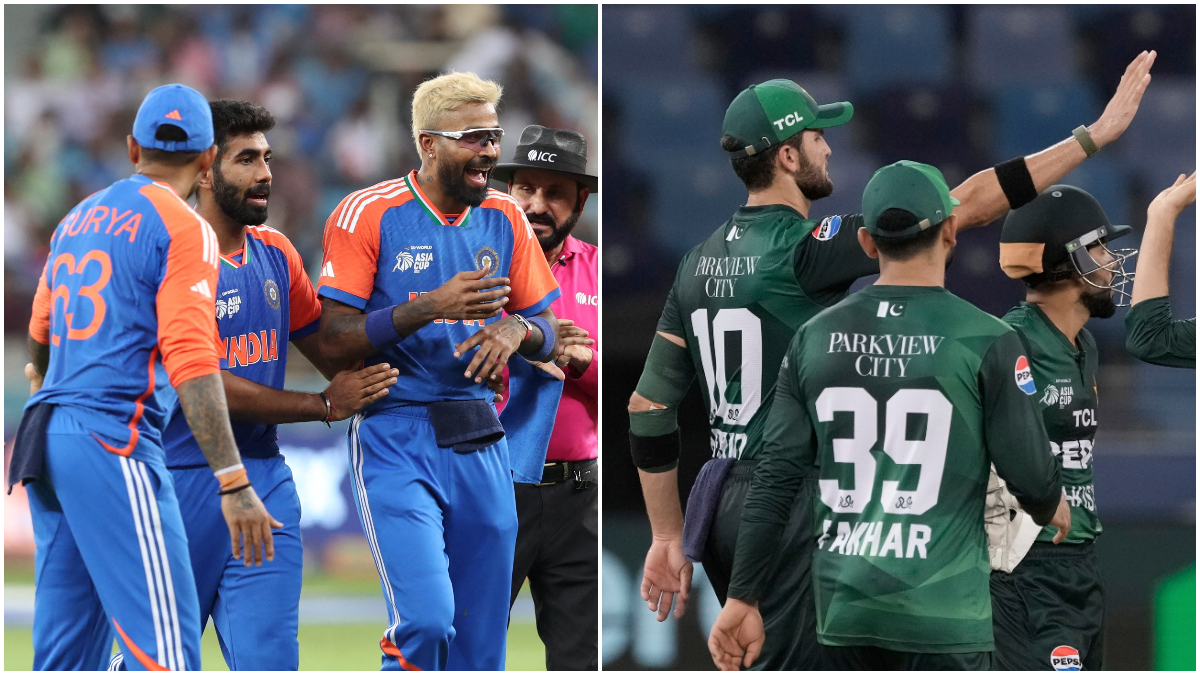)

)
)
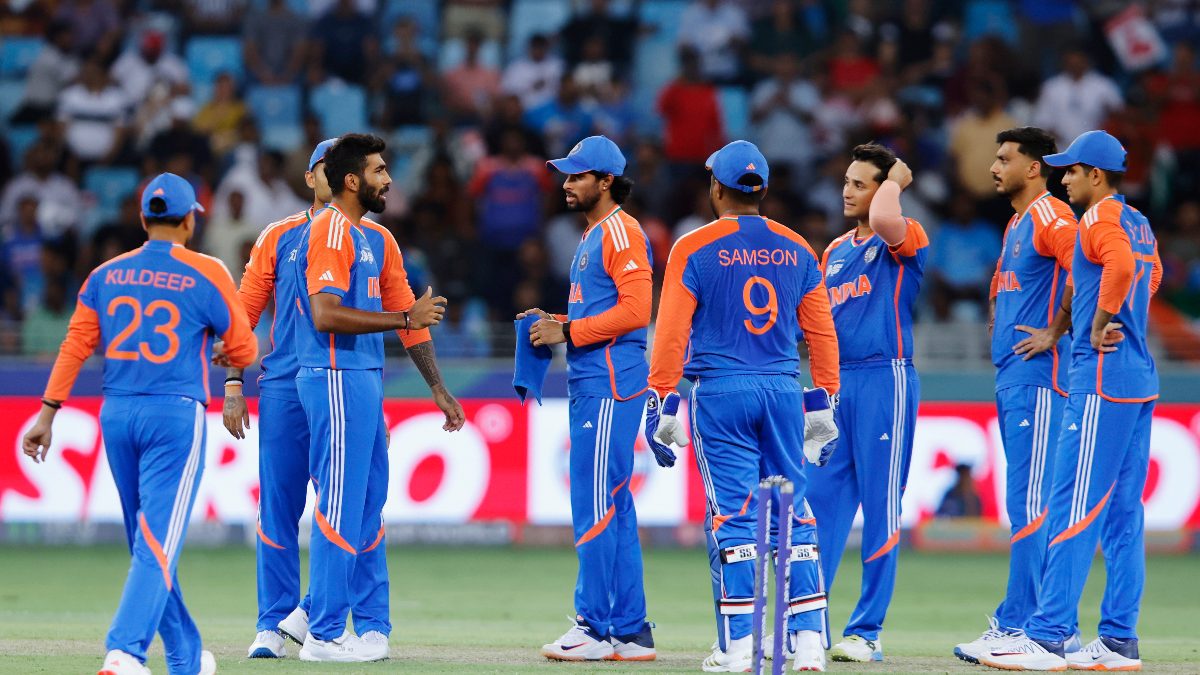)
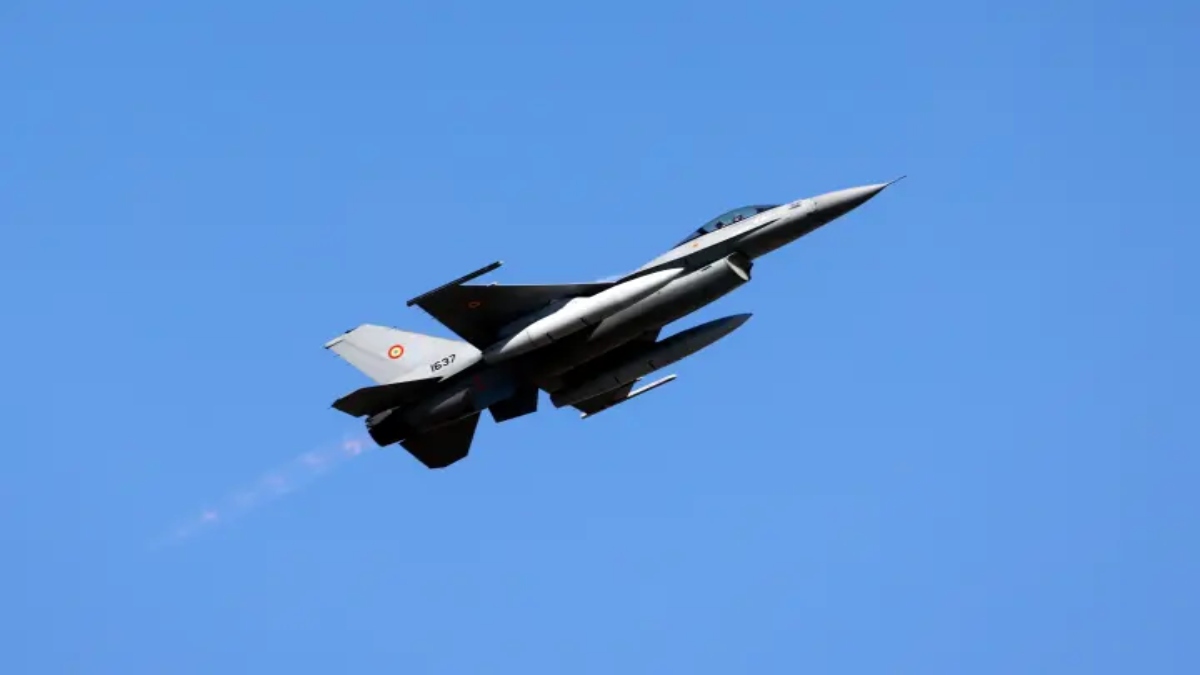)
)
)
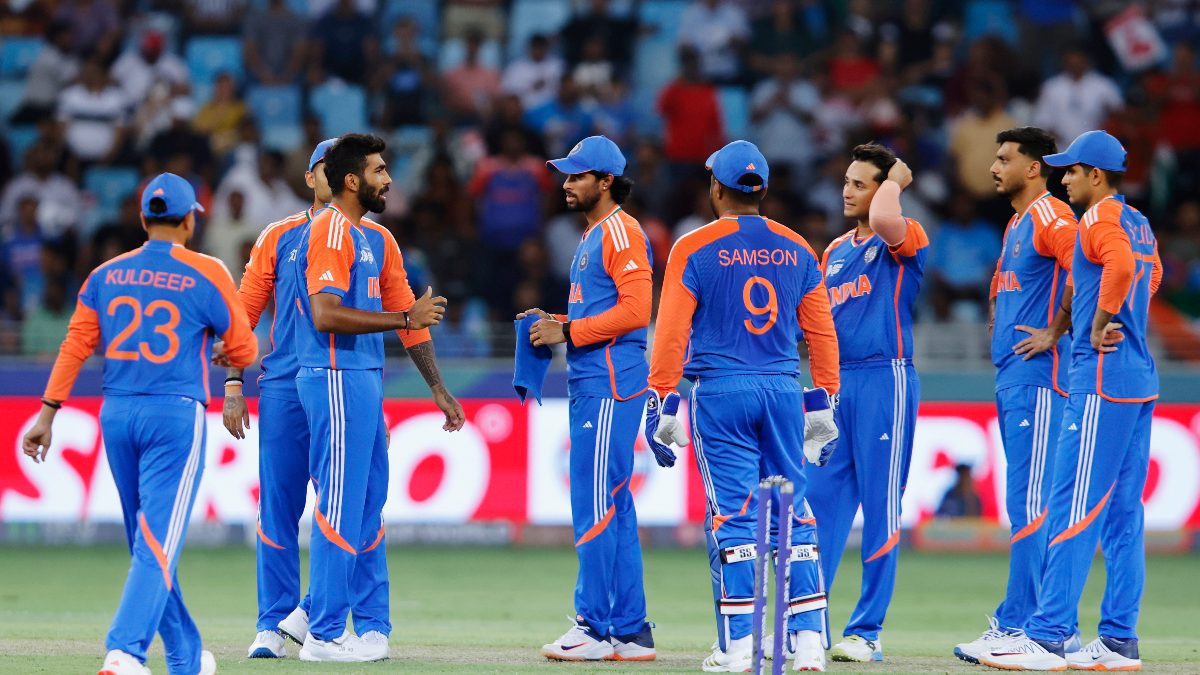)
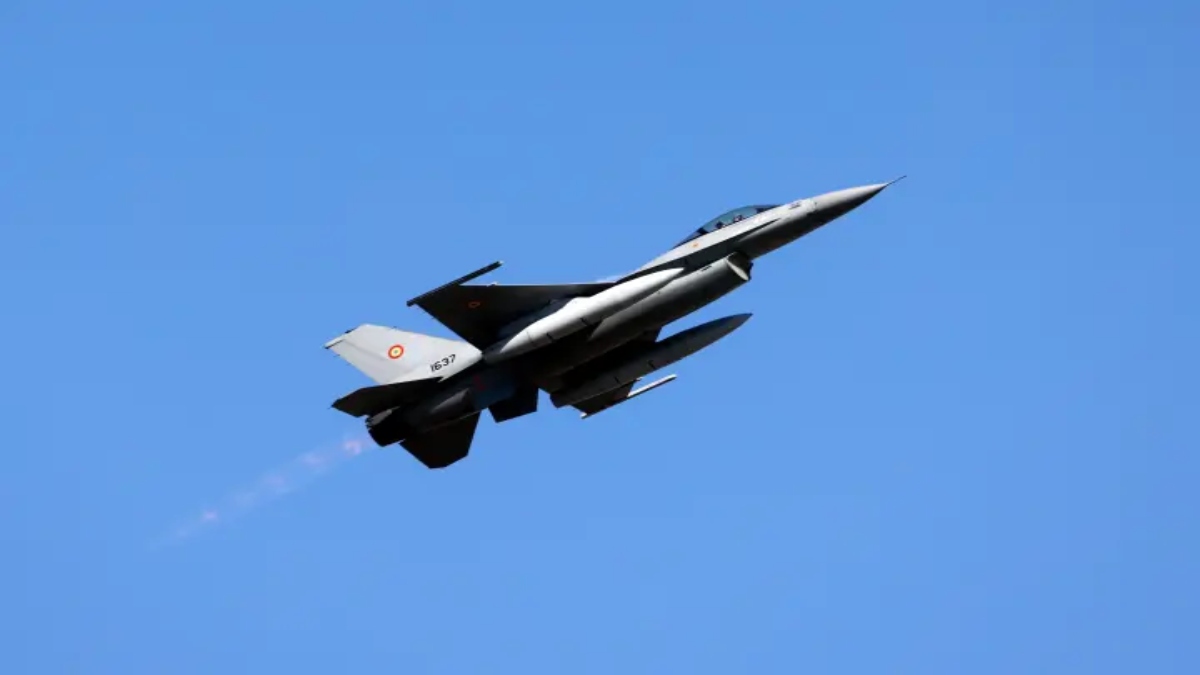)



